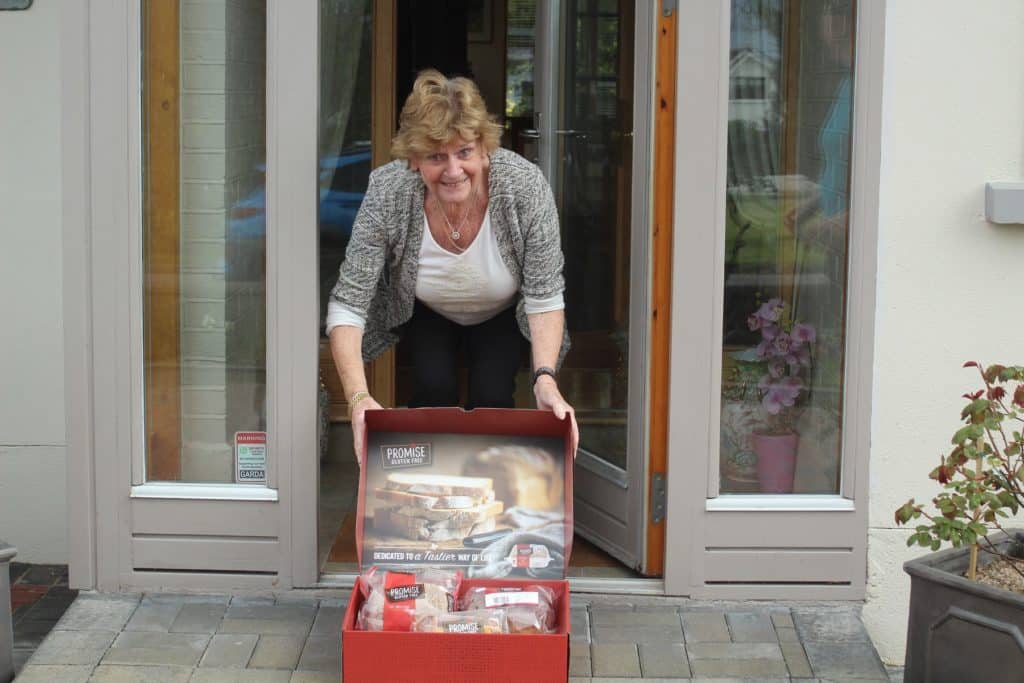
Research teams at Dublin City University, NUI Galway and the Insight SFI Centre for Data Analytics (NUI Galway), are working together on a population-wide survey to find out about the impact of the Coronavirus pandemic and the associated restrictive measures (lock down, social distancing) on daily life in Ireland.
The Corona Citizens’ Science Project is a national anonymous online survey seeking to understand how people are dealing with the pandemic and how it has impacted on their home life; working life; childcare arrangements; physical and emotional wellbeing.
The survey asks about the impact of the measures imposed by the government starting from the ‘Containment Phase’ (February 29); the ‘Delay Phase’ following the March 12 announcement regarding the closure of all schools, colleges and childcare facilities and the restrictions imposed on March 27 requesting people to stay at home until April 12, and including for at risk groups, and over 70s to ‘cocoon’.
The findings will be used to contribute to informing the government response to the pandemic and to also assist in planning future measures for COVID-19 and beyond.
The survey will go live on Wednesday, April 8 and people nationwide are encouraged to fill in the questionnaire from 6am for a period of 24 hours. It is anticipated that the survey will be repeated again.
Dr Akke Vellinga, Epidemiologist/Senior Lecturer, NUI Galway, joint research lead said: “The response of the Irish people to the restrictive measures has been great, but are they taking their toll? This is an opportunity for the Irish people to let us know how we can help. We are calling on everyone to fill out the survey and share the link. We need your help”.
Professor Anthony Staines, Professor of Health Systems, DCU and joint research lead said: “This is a unique opportunity for all Irish people to shape our Government’s response to this unprecedented crisis, and start the long journey back to a more normal life, as the pandemic recedes”.
The Corona Citizens’ Science Project follows a similar study carried out in Belgium by the University of Antwerp. The survey was conducted on three separate occasions; commencing on March 17 and gathering responses from over 1.5 million people.
Key takeaways showed that 32 per cent of respondents had trouble concentrating; 30 per cent were sleeping less and 42 per cent felt under more pressure. The research team found that as the weeks progressed, the percentage levels began to increase.
The information was used to inform government policy on how well the population was responding to the measures imposed.


